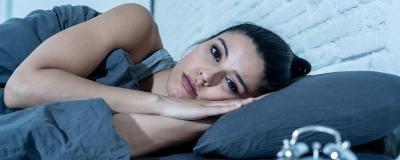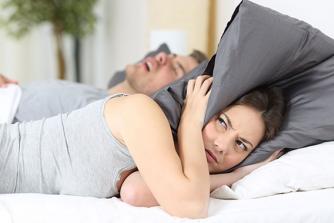Types of Sleep Disorders
Insomnia is the inability to fall or stay asleep. Symptoms of insomnia include trouble falling asleep, waking up often during the night and having trouble going back to sleep, waking up too early and feeling tired when you wake up in the morning.
Restless leg syndrome is a common pain that is felt in the legs when they are at rest, making it difficult to fall asleep.
Narcolepsy occurs when someone is excessively tired during the daytime. If the urge to sleep is overwhelming, people may have a “sleep episode” that can last anywhere from a few minutes to an hour.
Sleep apnea is interrupted sleep in which a person has one or more pauses in breathing or shallow breaths during sleep. Breathing pauses can last from a few seconds to minutes of periodic gasping or "snorting" noises or momentarily suspension of breathing.
Parasomnias are disruptive sleep disorders that can results in undesirable physical or verbal behaviors such as walking or talking during your sleep.





